Ragamuffin - IELTS Word of the Day for Speaking & Writing
6 min read
Updated On
-
Copy link
The go-to word, ‘Ragamuffin’, would help describe a person with shabby clothes as you answer for the IELTS Speaking & Writing sections. Dive into the meaning, origin, and how to integrate it in your answers to make it stand out for scoring a band 8+.
Table of Contents

Limited-Time Offer : Access a FREE 10-Day IELTS Study Plan!
The word ‘Ragamuffin’ can help you add depth to your answer in the IELTS Speaking and Writing exam. While narrating personal experiences, describing scenes, you can incorporate the term to increase your score for the parameter of lexical resources. However, getting familiar with the meaning and the tricks to learn how to fit it in different sentence structures is the key to achieving a band 8+ in the IELTS Exam.
Connect with our IELTS Trainers to crack your IELTS exam in no time! FREE Demo.
What is the Meaning of the Word ‘Ragamuffin’?
A strong vocabulary is deemed the most important for an IELTS Band Score of 8+. To use such a word, the table below provides the meaning of the word, its pronunciation, part of speech, synonyms, antonyms, and example sentences.
|
Topic |
Description |
|
Ragamuffin |
Noun |
|
Definition |
A person (usually a child), in ragged and/or dirty clothes. |
|
Synonyms |
Poor child, Homeless |
|
Origin |
We are still uncertain about the origin of the word ragamuffin. In Middle English the word functioned both as a last name and generically to denote a ragged and sometimes stupid person. Its earliest known literary use is in William Langland’s Middle English alliterative poem Piers Plowman. The muffin part of the word may have its origin in either of two Anglo-Norman words for a devil or scoundrel, but that too is uncertain. As English lexicographer Samuel Johnson put it, “From rag and I know not what else.” |
|
Examples |
The poor girl was dressed like a ragamuffin; no one will give her a job because of this. I need to drive these ragamuffins away from my store! It was horrific to see those kids look like little ragamuffins.
Wealthy men in suits were behaving like ragamuffins on the first day of the Winter Session of the Senate. A band of ragamuffins were haranguing anyone who stepped out of the railway station and looked like they had a bit of money. The army looked more like a band of ragamuffins than a professional fighting force. |
Why Should Ragamuffin be Included in IELTS Answers?
To improve your band scores, it is necessary to understand how to use the term effectively. Remember that using just any words in a random order will make your answer sound repetitive. Therefore, to avoid that, it is recommended to only fit the words like ‘Ragamuffin’ when it is absolutely necessary and also according to the topic. The following are some of the reasons why you should utilize the word.
- This would help the examiner to visualize the person better.
- As you are using very less common words, you could showcase how good your proficiency in English is. However, remember not to repeat it many times and use synonyms instead as and when required.
- Since this word fits in a descriptive answer, providing details such as ‘dressed like ragamuffins’ would help your description look much richer.
Grab the Vocabulary for IELTS (Essential words for popular topics in IELTS) and take a step towards your desired band score of 8+.
How to Use Ragamuffin in IELTS Speaking & Writing Answers?
With practice, you will be able to fit these advanced vocabulary words like ‘Ragamuffin’ into your answers for the IELTS Speaking and Writing sections. This would make you sound fluent and precise at the same time. Therefore, you must know the connotations, grammatical patterns, and contexts where it is appropriately used. Below are some of the examples which will guide you to use the term effectively in your responses.
-
For the Speaking sections, you can use the term as you talk about your childhood memories or describing any childhood experiences.
For Example,
Describe a child you know.
- Who is the child?
- How do you know them?
- What do they enjoy doing?
- Explain why you like them a lot.
|
I want to talk about my neighbor’s little boy called Aarav. He’s about six years old and very energetic. In the afternoons, he is always in the lane playing cricket with his friends. By the time the game was over, he would look like a ragamuffin because his hair would start sticking out in all directions, his T-shirt would become the color of dust, and smudges of dirt would be on his knees. But what endears me the most is him not caring about it and his smile is just brilliant that it overlooks the scruffy appearance right from your mind. It makes you think about the days from my own childhood when getting dirty was just another sign of fun. |
-
For part 3, you can use this in the context of dress code, poverty, empowerment, and government.
Do you think children should always be neatly dressed?
|
Not really. Some would say that with cleanliness comes a child’s happiness and that one should never be sacrificed for the other; I do not think that is necessarily true. Sometimes getting messed-up-looking post a climb-and-run in the park tells that they had a good time being active. It can even be a sign of creativity and exploration. |
- In the IELTS Writing Part 2, you can use them in topics like clothing, society, social issues, inequality, or freedom of speech.
Some people believe that clothing represents an individual’s personality while others opine that it is just a waste of money. Do you agree or disagree?
|
Nowadays, it has become easier to judge a child dressed like a ragamuffin as neglected or undisciplined, yet such assumptions can be misleading. This is because outward appearance does not always reflect a person’s values, background, or character. |
Want to learn IELTS Speaking IDIOMS for BAND 9? Let’s check out the video below!
Exercise on Ragamuffin for IELTS Speaking & Writing
It’s time to see whether you can use the word "Ragamuffin" effectively in contexts. When you dive into the exercise below, focus on the words that surround it and analyze the overall tone of the sentence because these will be your clues about proper use. Let’s see how many answers you could get right.
Match the word below to complete these sentences.
|
Ebullient |
Auspicious |
Indolent |
|
Serendipity |
Meticulous |
Ragamuffin |
1 The finding of the rare mineral by the scientist was pure __________, having occurred entirely by chance during his hiking trip.
2 The children were dressed like little __________, with their clothes torn and faces smudged, but they were happily laughing in the streets.
3 The speech was so __________ that the audience felt uplifted and inspired for the rest of the evening.
4 The bride and groom really chose an __________ date for the wedding, hoping it would really bring luck to their marriage.
5 He was often criticised for his __________ lifestyle, preferring to spend entire days lounging instead of working.
6 The architect was __________ in his design of the building, even considering the very minute decorative details.
Answer to the Exercise on Ragamuffin for IELTS Speaking & Writing
Now, let us see the answers for the exercise for the word, ‘Ragamuffin’. Remember to understand why an answer is correct so that you can get a better grasp at the word. This will increase your knowledge and understanding, making you become more confident in using it in various situations.
- Serendipity
- Ragamuffin
- Ebullient
- Auspicious
- Indolent
- Meticulous
Enroll into our Free IELTS Webinar and learn more about techniques to improve your vocabulary.
Familiarity with "Ragamuffin" can set your IELTS responses apart which can also make you stand out. Once you are clear about the meaning and its usage in sentences, you will find that it will flow out of your writing and speech. By diligently practising with different speaking & writing sections, you can level up your preparation. Keep using it in the right context until it becomes natural.
Explore More:
Also Check:
Explore IELTS Resources

Start Preparing for IELTS: Get Your 10-Day Study Plan Today!
Explore other IELTS Articles

Haniya Yashfeen

Kasturika Samanta
Recent Articles
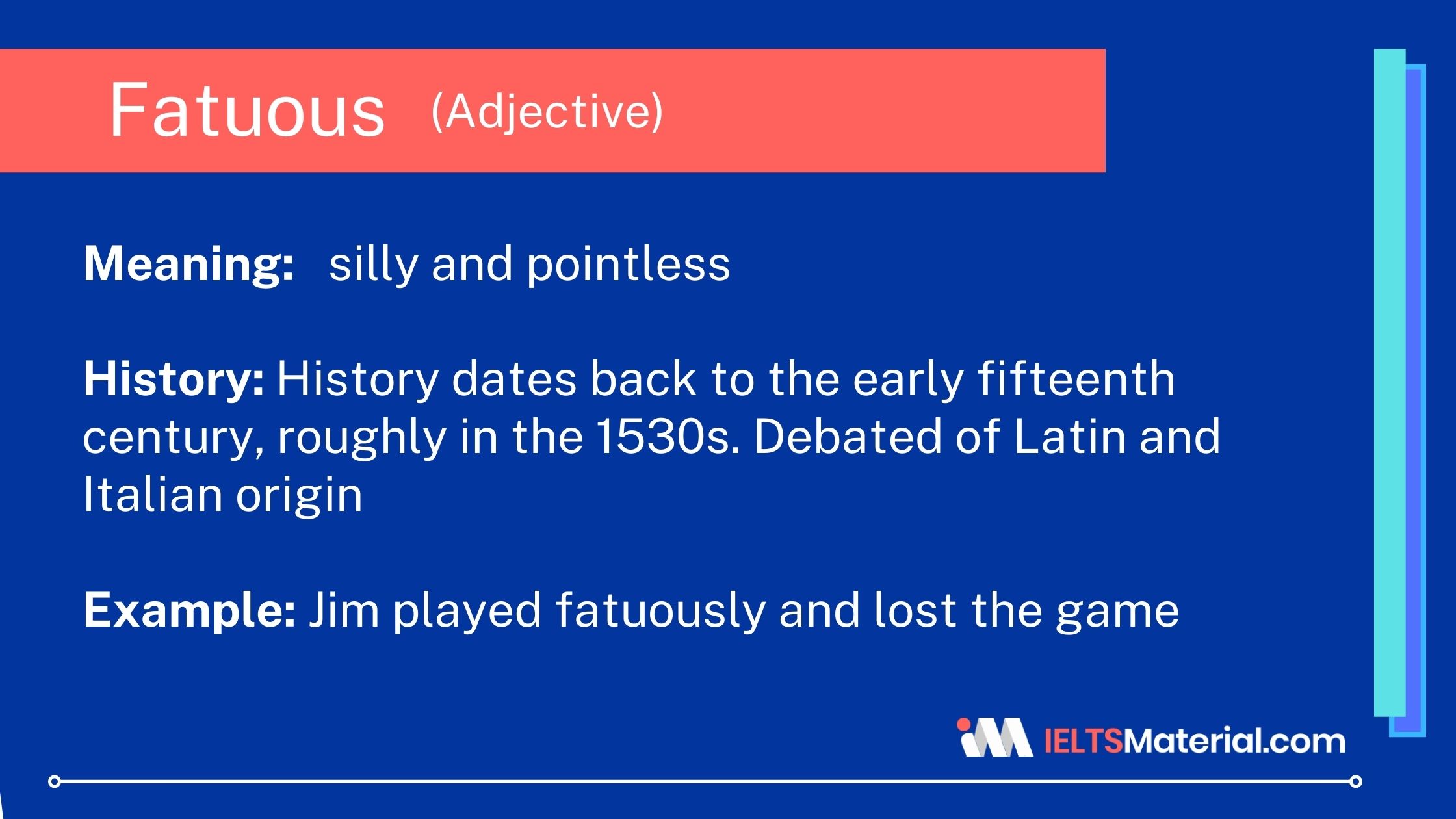
Kasturika Samanta
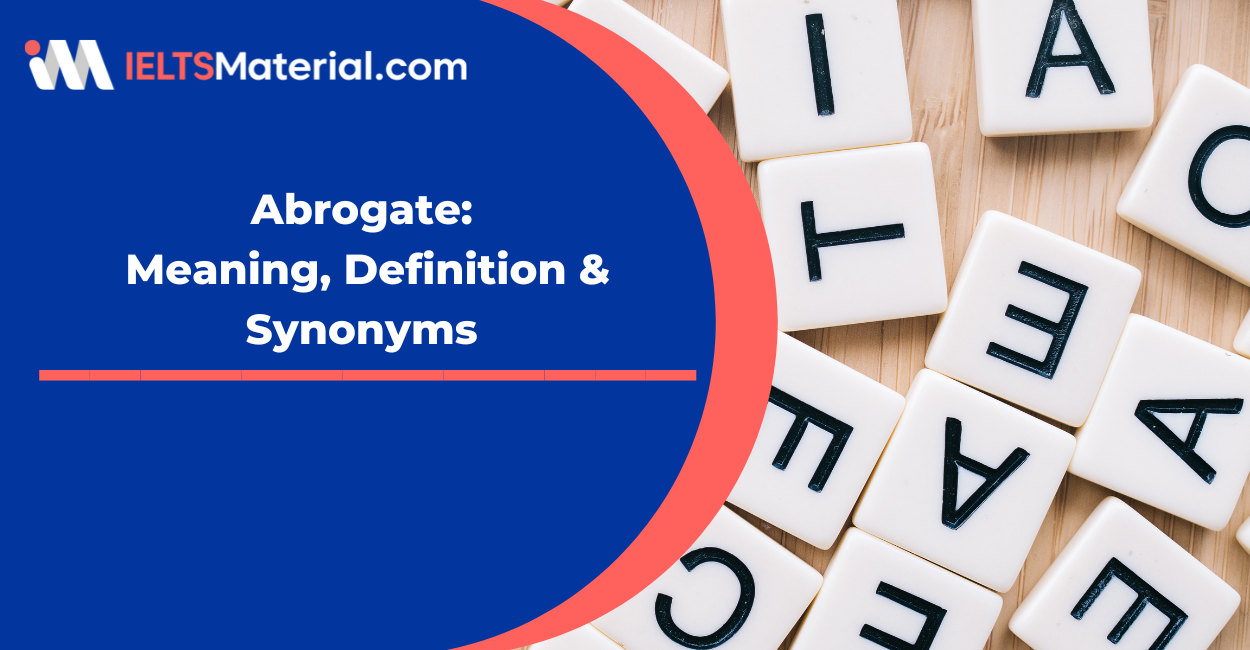
Kasturika Samanta
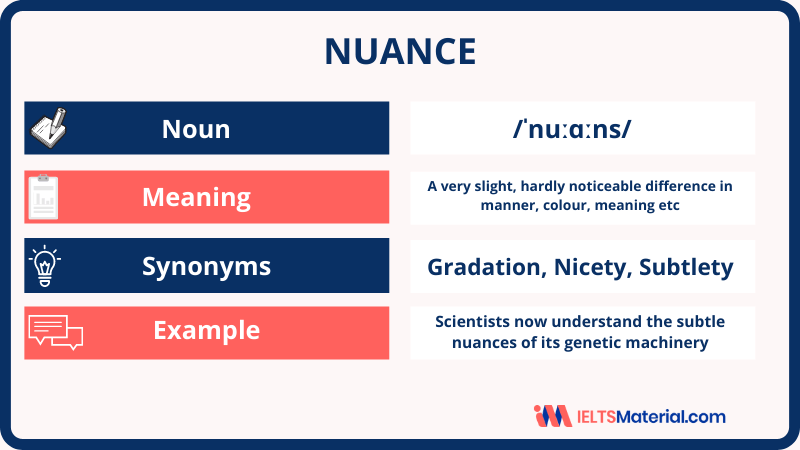
Kasturika Samanta
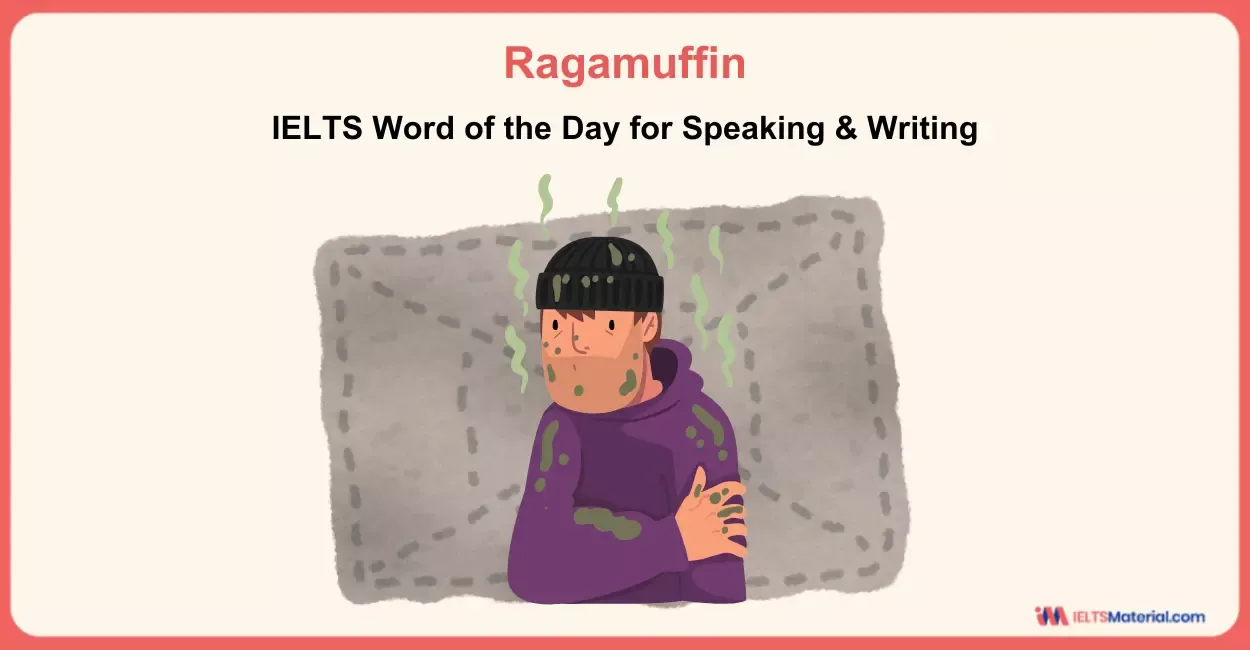

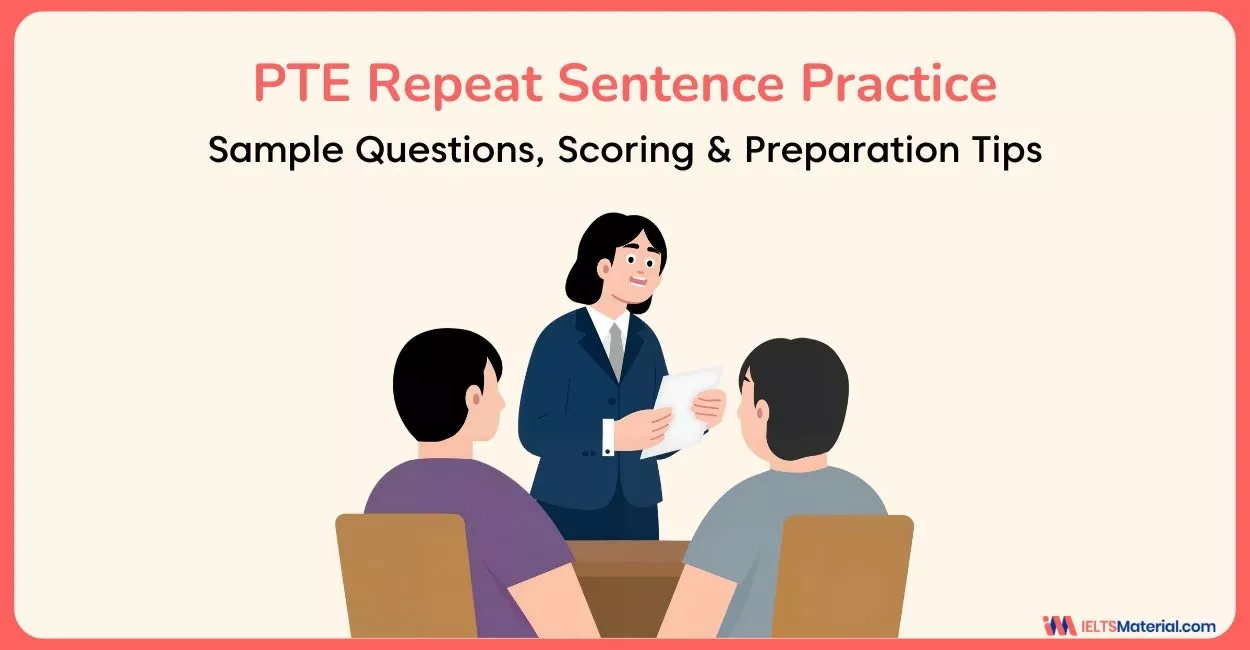




Post your Comments